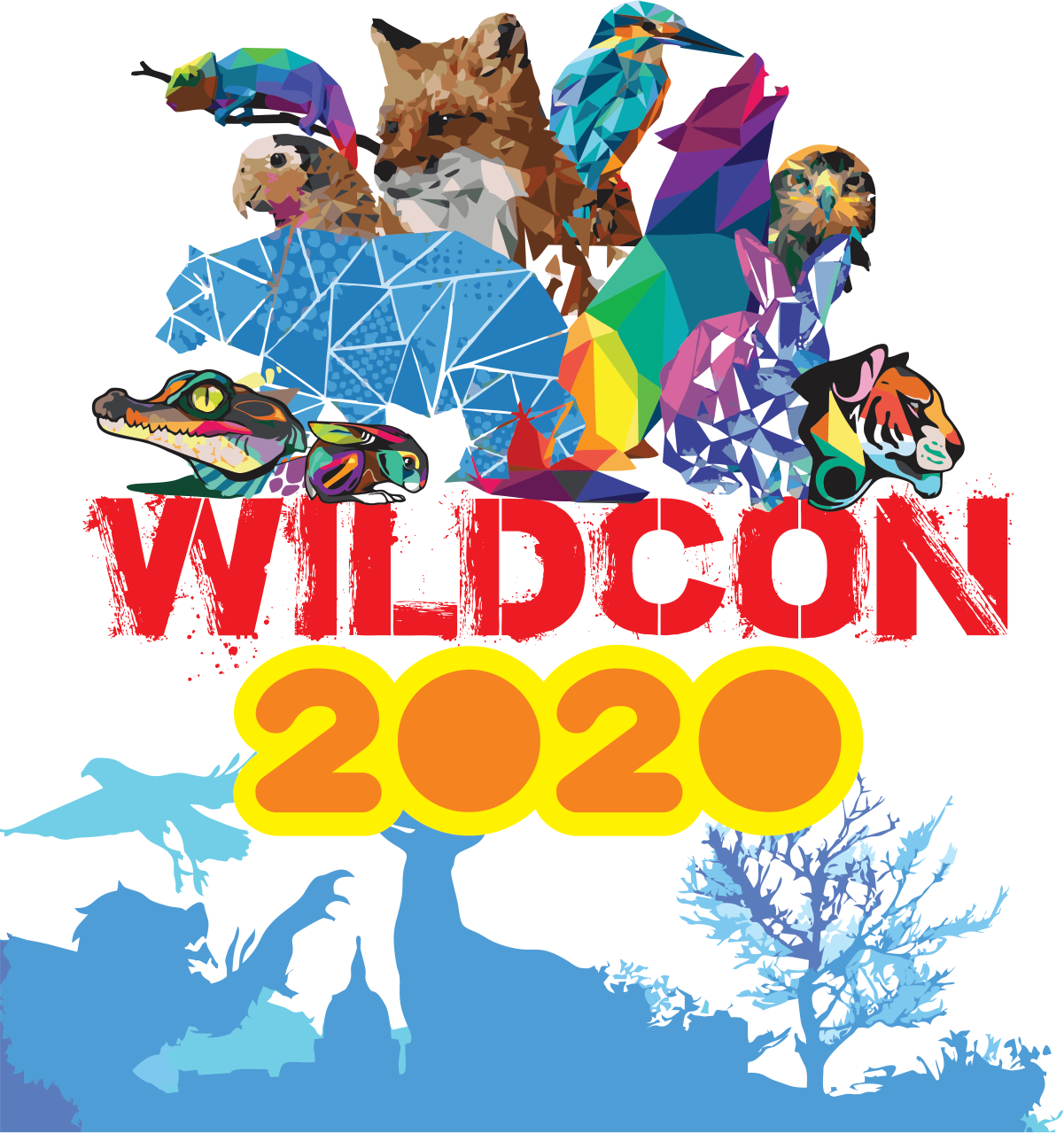
Dr. Shirish V. Upadhye
M.V.Sc., Ph.D., FISVS
In the current Anthropocene era, virtually all ecosystems in the world are subject to some form of anthropogenic impact. Pollution, intense deforestation, climate change, antibiotic resistance have all posed challenges to the endurance of life on this planet. Wildlife in particular has been the most affected due to habitat annihilation, lack of corridors, pollution, poaching, disease outbreaks and depleting resources. As of today, it is usually not possible to reliably predict the response of wildlife in a specific context to the rapid global change. However, such predictions are urgently needed in order to design appropriate concepts and methods for conservation intervention and prioritise the use of the limited resources available for conservation.
Our vision is to help in bringing resilience to wildlife by identifying six major areas of impact
(1) Health Care and Management in wildlife
Understanding the need of a global hotspot that India is, need for an efficient healthcare platform to cater to the variety of challenging needs of wildlife is felt. We at Wildlife Research and Training Centre, Gorewada are committed to building a centre of excellence in wild animal health care by providing prompt health care services.
Trauma and critical care are a high priority in wildlife, we envision an establishment of outstanding facilities to care for critical and trauma incidences in wildlife along with facilities for rehabilitation care.
We also aim at enriching the lives of wildlife under captivity, the centre looks forward to propose and validate standard captive management practices under scientific regime to ensure health and well being of the wild.
We also aim to contribute towards understanding zoonoses from the wildlife and to help develop counter measures.
(2) Understanding adaptability
With the advent of enormous challenges faced by wildlife in their natural habitat we wish to probe into the basic research of the challenges faced by wildlife in India. We aim to understand the biotic and abiotic stressors that are responsible for the bottle neck pressure on various species and application of veterinary research in understanding the response and adaptability of wild animals in pressure situations.
(3) Contributing to Conservation breeding
Based on understanding of ecosystem and stressors, we aim to design scientific methodologies to support conservation breeding among the endangered wildlife and utilize Assisted Reproductive Techniques (ART) for the conservation breeding of endangered wildlife along with preservation of germ cells and tissue from endangered species.
(4) Molecular biology and application based research for wildlife conservation
Develop a centre of excellence to provide insights in the arena of molecular biology, forensics and DNA technology to assist conservation efforts.
Develop reliable and cost effective technologies in diagnosis of wild animal disease. Provide research inputs in translational research regarding the understanding of wildlife disease and disease models.
(5) Training Hub to cater to all disciplines associated with Wildlife Conservation
We at Wildlife Research and Training Centre, Gorewada envisage a development of a knowledge hub that can cater to the needs of a wide category of components in resource and capacity building
(6) Awareness and extension initiatives
Wildlife Research and Training Centre, Gorewada resolves to utilise the expertise in veterinary health care and management in bringing about awareness among the masses and sensitising the general public regarding the need to conserve environment and wildlife.

